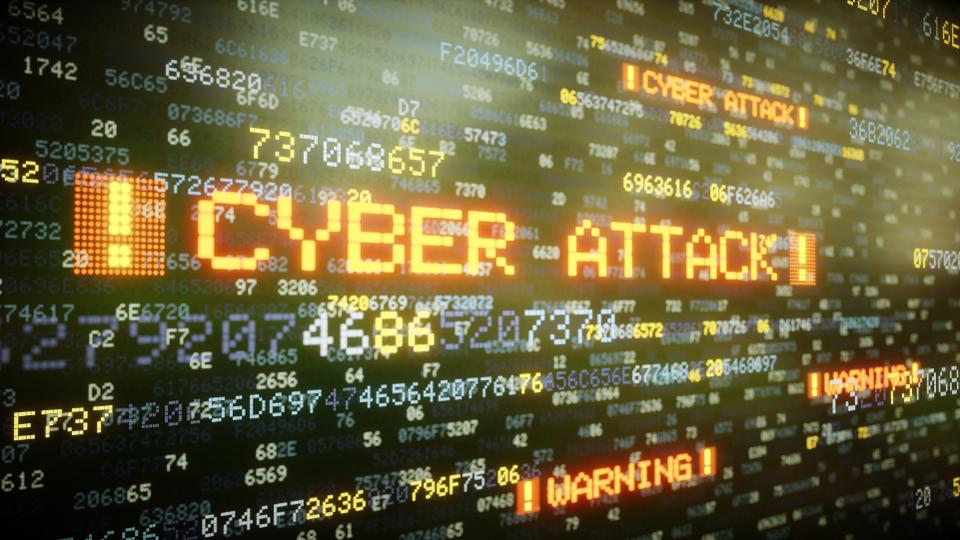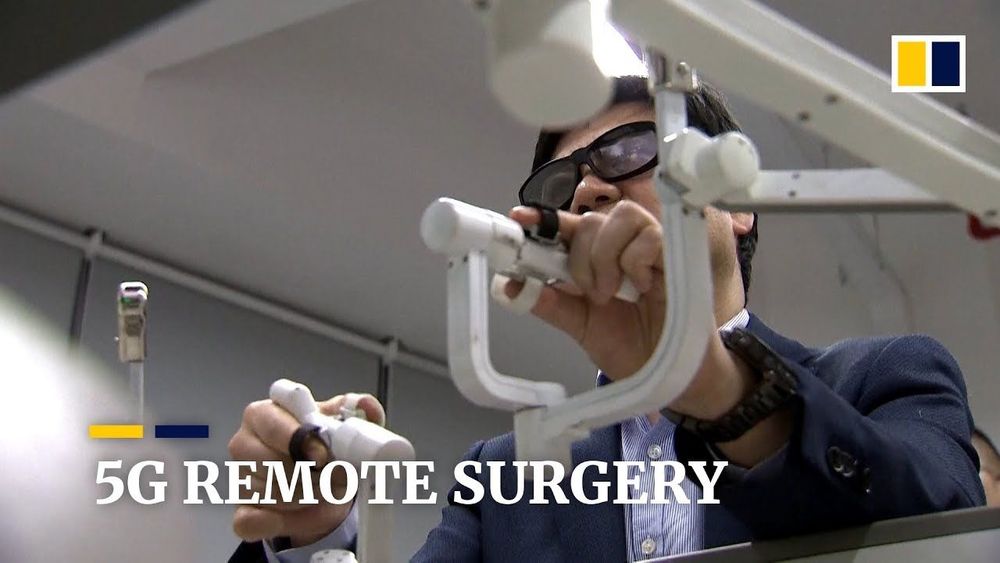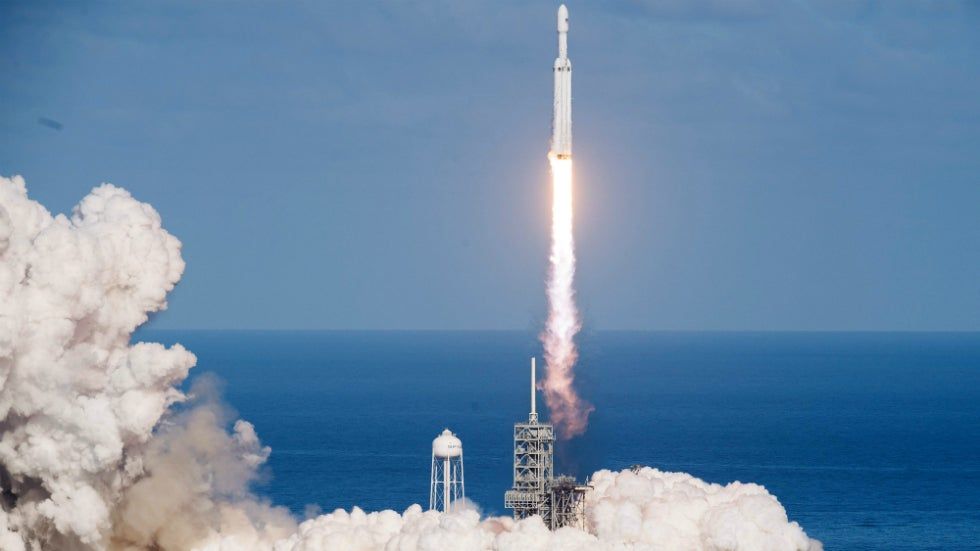The City of New Orleans has suffered a cybersecurity attack serious enough for Mayor LaToya Cantrell to declare a state of emergency.
The attack started at 5 a.m. CST on Friday, December 13, according to the City of New Orleans’ emergency preparedness campaign, NOLA Ready, managed by the Office of Homeland Security and Emergency Preparedness. NOLA Ready tweeted that “suspicious activity was detected on the City’s network,” and as investigations progressed, “activity indicating a cybersecurity incident was detected around 11 am.” As a precautionary measure, the NOLA tweet confirmed, the City’s IT department gave the order for all employees to power down computers and disconnect from Wi-Fi. All City servers were also powered down, and employees told to unplug any of their devices.









